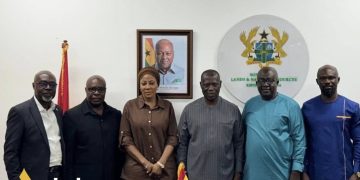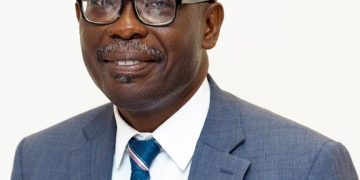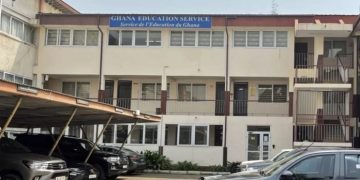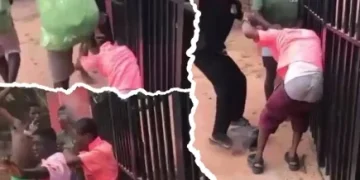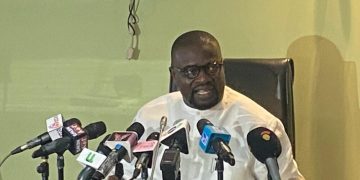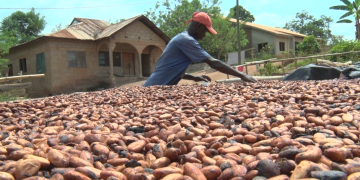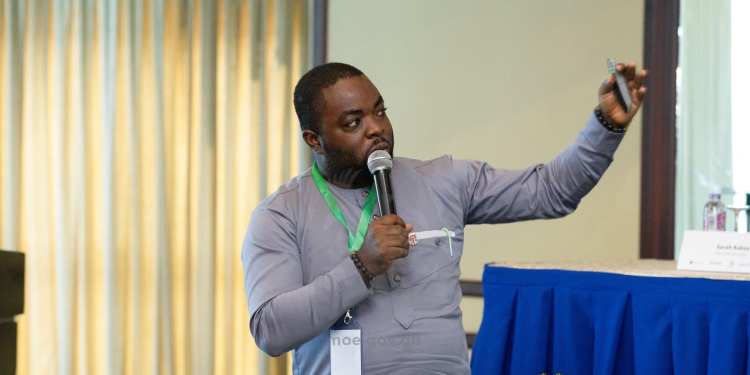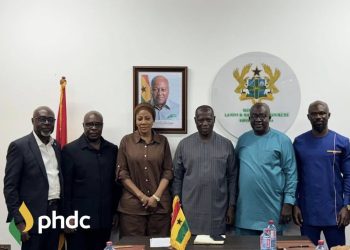Ghana’s decision to introduce free tertiary education for Persons with Disabilities (PWDs) has been widely hailed as a bold step toward equity and social justice.
The new policy, announced by government officials earlier this month, seeks to remove tuition and related fees for PWDs enrolled in public tertiary institutions.
While the initiative marks a milestone in expanding educational access, experts say it also exposes a deeper challenge whether Ghana’s education system is truly ready for meaningful inclusion beyond policy declarations.
A Progressive Step Toward Equity
Government officials have described the initiative as a response to long-standing financial barriers that prevent many students with disabilities from pursuing higher education.
By eliminating tuition fees, the policy aims to level the playing field and build on earlier interventions such as the Disability Common Fund and targeted scholarships.
“This move goes beyond social welfare. It is a strategic investment in human capital and national development,” said an education policy analyst at IFEST-Ghana. “When we empower persons with disabilities through education, we are unlocking potential that benefits the entire society.”
The policy reflects Ghana’s commitment to international frameworks such as the UN Convention on the Rights of Persons with Disabilities (CRPD) and Sustainable Development Goal 4, which promote inclusive and equitable quality education.
According to the Ghana Statistical Service (2021), about 8% of the population lives with some form of disability. Yet, less than 2% of PWDs aged 18 and above have completed tertiary education, compared with roughly 10% of the general population — a stark indicator of the access gap the new policy aims to close.
Persistent Challenges in Access and Infrastructure
Despite the promise of the initiative, education for persons with disabilities in Ghana continues to face major challenges. Many basic and secondary schools lack adequate facilities, teaching aids, and trained staff to support inclusive learning.
Data from the Special Education Division (SPED) show that only 8% of basic schools nationwide have ramps for accessibility, and some regions including North East, Bono East, Western North, Savannah, and Oti have no special education facilities at all.
“Without strengthening the foundational levels of education, free tertiary education for PWDs may not have the intended impact,” said Dr. Partey. “We must ensure that learners with disabilities can progress through the system in the first place.”
At the tertiary level, the gaps are even more visible. Many universities and colleges lack disability-friendly infrastructure such as ramps, elevators, tactile pavements, and adapted washrooms. Teaching materials in braille or digital formats remain scarce, and few lecturers have received training in inclusive pedagogy or disability awareness.
Financial barriers also persist despite the new policy. Costs related to transportation, assistive devices, and accommodation continue to make higher education inaccessible for many PWDs.
Building a Truly Inclusive System
Education experts argue that for the free tertiary education initiative to succeed, Ghana must adopt a holistic approach that combines infrastructure, training, and sustainable financing.
They recommend that the Ministry of Education and tertiary institutions develop clear implementation guidelines to identify, support, and monitor students with disabilities. Regular infrastructure audits should also be conducted to ensure campuses meet minimum accessibility standards.
“Creating inclusive campuses requires more than ramps — it demands a change in institutional culture,” said an education researcher at the University of Education, Winneba. “Staff training, student sensitization, and collaboration with organizations such as the Ghana Federation of Disability Organisations (GFD) will be critical.”
Sustained funding is another major concern. Analysts warn that many free education policies in Ghana have struggled with long-term financing. To prevent “policy fatigue,” experts suggest establishing dedicated budget lines and monitoring mechanisms to track progress and impact.
The Road Ahead
Ghana’s move to provide free tertiary education for PWDs represents a progressive and commendable step toward educational justice. However, its success will depend on the country’s ability to translate good intentions into effective systems and environments that genuinely support all learners.
“Inclusive education is not achieved through announcements,” Dr. Partey noted. “It requires consistent investment in infrastructure, teacher capacity, and societal attitude change. Only then can Ghana move from the promise of inclusion to its full realization.”
Source: Peter Anti Partey, PhD (IFEST-Ghana)


